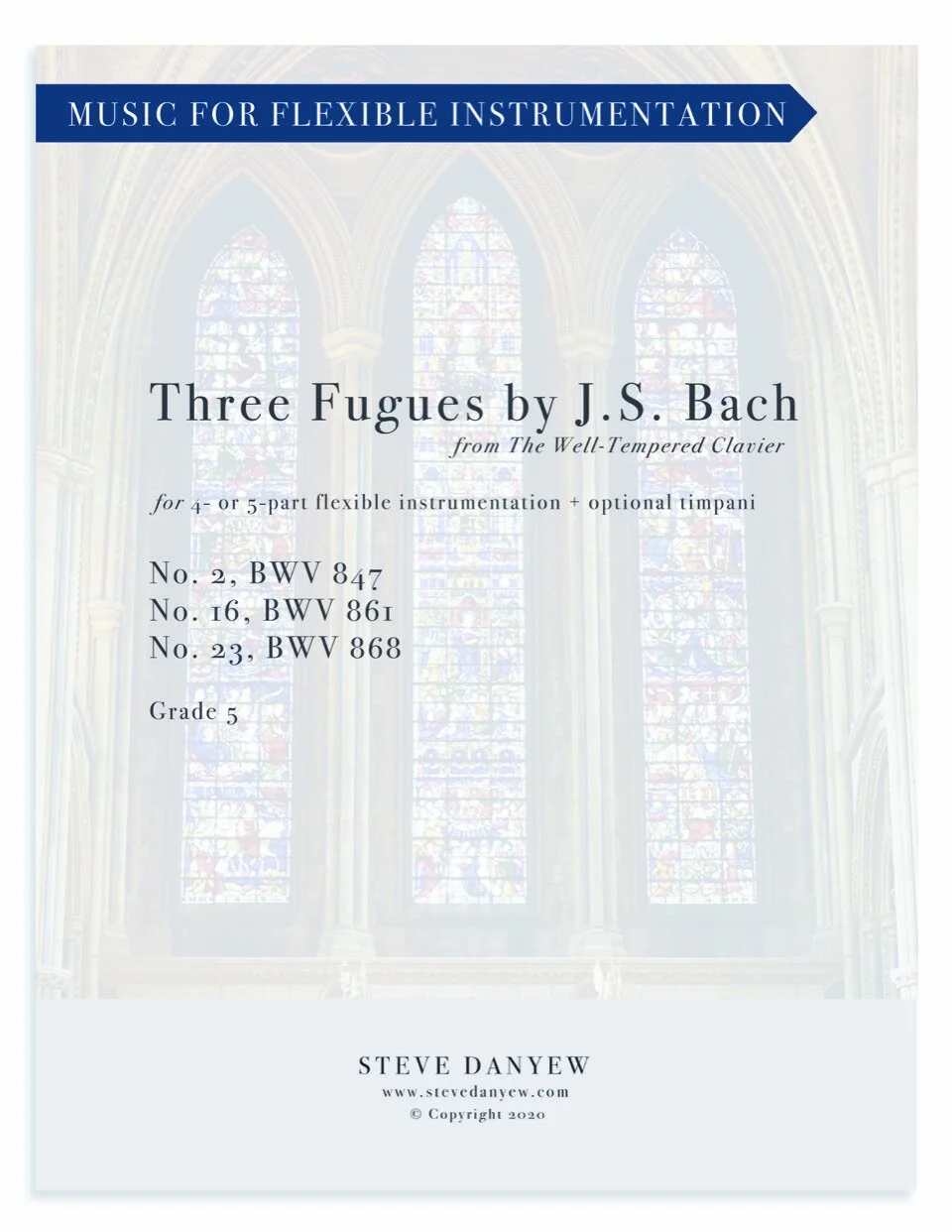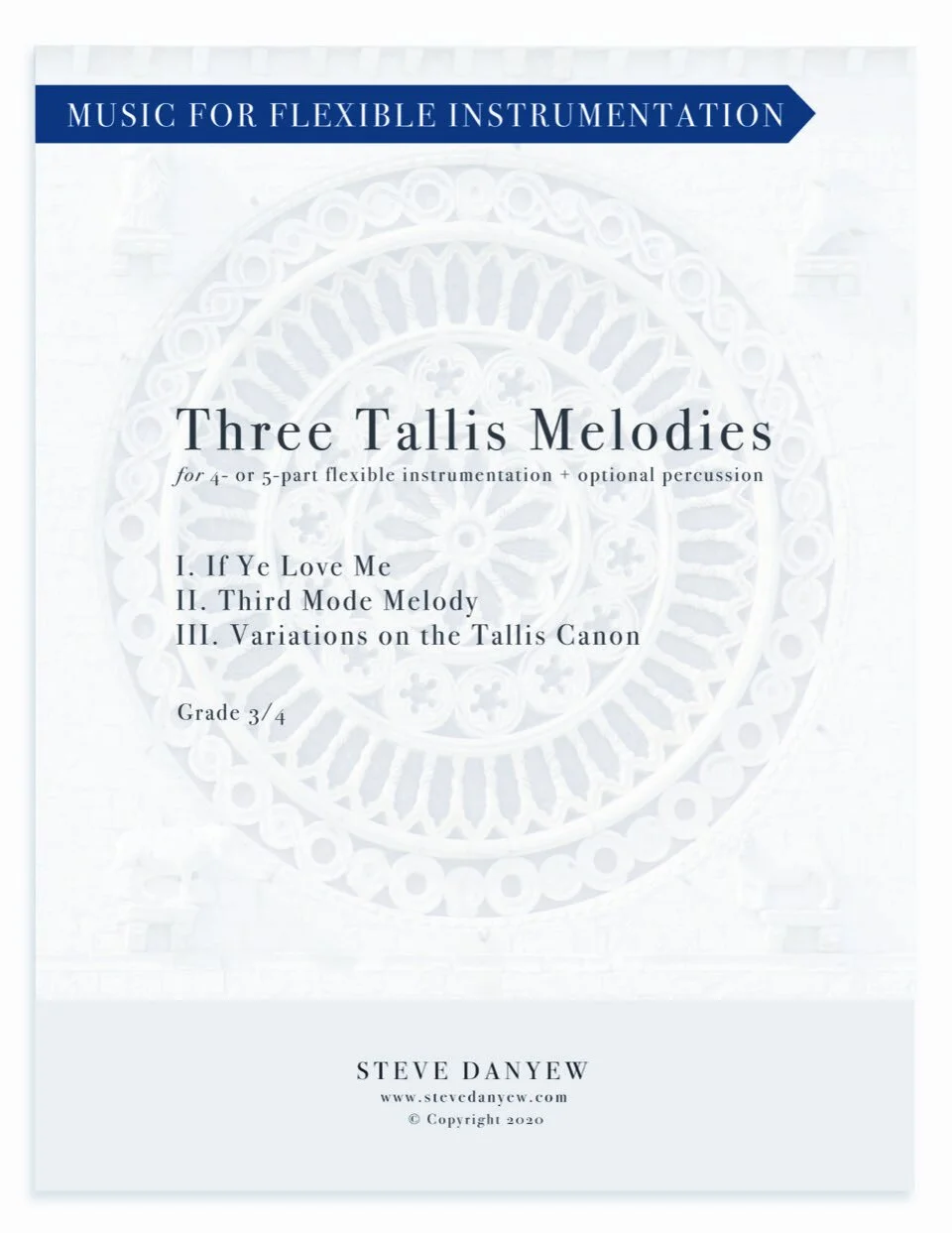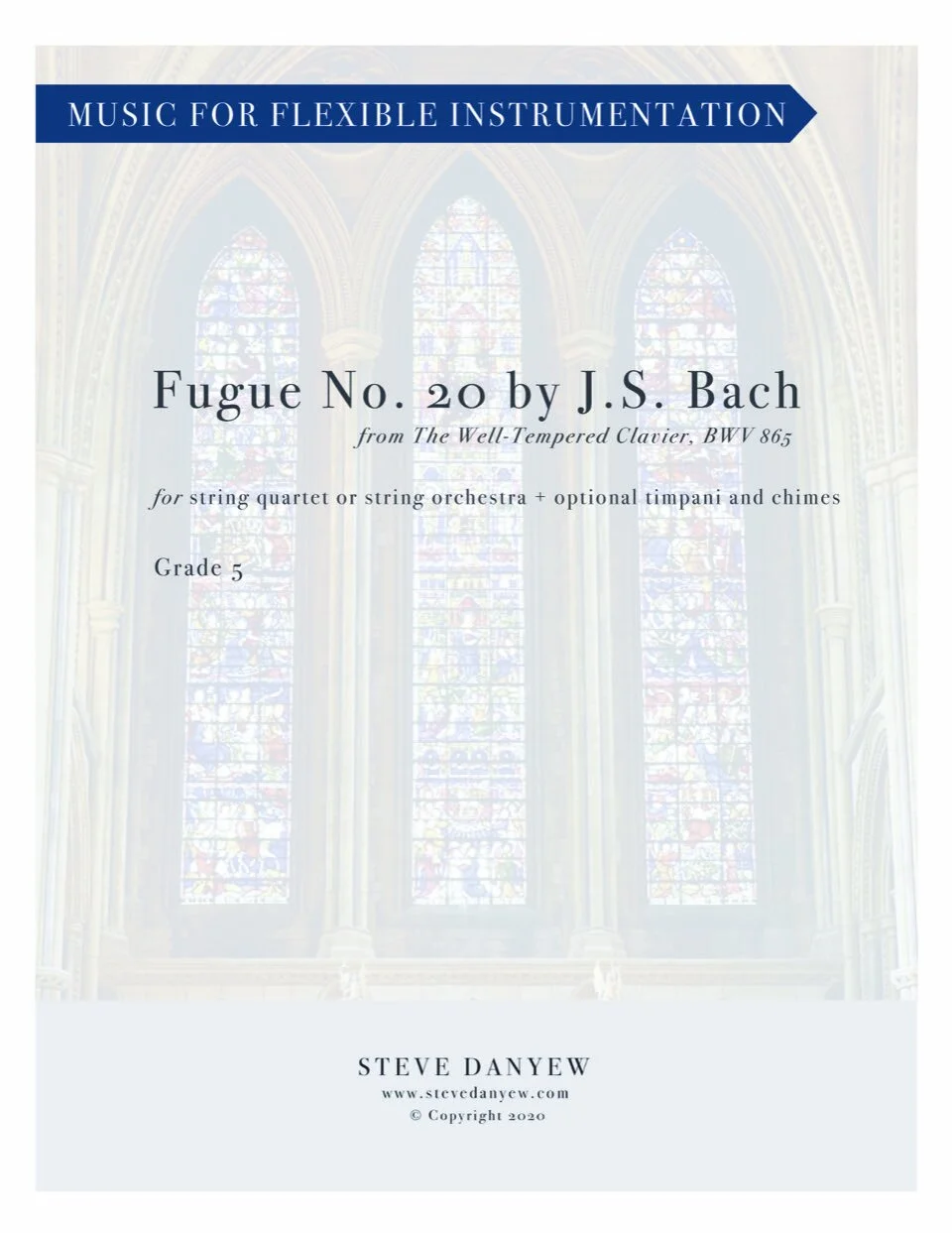Pricing
Printed Score & Printed Parts: $229.99
Printed Score & Digital Parts: $229.99
Details
String Orchestra and Percussion
Year of Composition: 2021
Length: 15:00
Grade 4
Three Movements:
I. Procession of Heat and Fire
II. Water Chorale
III. Quiet (The End of Nature)
Instrumentation:
String Orchestra
Violin I
Violin II
Viola
Cello
Bass
Timpani
Percussion (3 players)
** Laurier Symphony Orchestra, Wilfrid Laurier University
Dr. Kira Omelchenko, Conductor
Elianna Van Raalte, Solo Violin
About the Piece
About 300 years ago, Italian composer Antonio Vivaldi created The Four Seasons, a set of four violin concerti that would become one of the most famous pieces of classical music that we have today. Along with the music, Vivaldi included short poems about each season. The poems for Spring, Autumn and Winter are largely joyful, celebrating the unique qualities of each season and painting a vivid scene for the reader. It seems that Vivaldi is celebrating nature and the life of each season.
Then, interestingly (especially given our 21st century understanding of climate change) the poem for Summer is much darker. There is almost nothing positive mentioned – nothing redeeming to this season of harsh sun and burning trees. A shepherd fears that damaging storms are ahead and the poem ends with the sky opening, dropping hail that destroys the crops of the field.
Vivaldi could not have known what was in store for us, 300 years later, as human-caused climate change has accelerated at a rapid pace in recent decades. By all accounts, the human race has not taken the threat seriously and has delayed acting.
Today, in 2021, we find ourselves in a crisis.
It is my hope that this work provides a space to contemplate what has already been lost and what will be lost in the future if our society continues to respond to the climate crisis with apathy.
David Wallace-Wells opens his book, The Uninhabitable Earth: Life After Warming with this sentence: “It is worse, much worse, than you think.” He goes on to state that this century, the planet is facing a rise in temperature of 3-5 degrees Celsius, which could render entire areas of the United States, Africa, Asia and others unlivable. This century.
We are learning that climate change will affect every aspect of human life, not just rising sea levels. Climate change will cause mass migrations of people who can no longer live in the hottest areas of the world. It will cause crop shortages, increased wildfires, more hurricanes, more disease, more heat waves, lower air quality, economic collapse, more conflict. (Wallace-Wells, 2020)
In the foreword to the book, The Fragile Earth, David Remnick notes, “It is now generally agreed among biologists that another mass extinction is under way…it is estimated that, if current trends continue, by the end of this century as many as half of earth’s species will be gone.”
In the 1989 essay "The End of Nature,” Bill McKibbin argues that humans have conquered nearly every corner of the earth and plundered its resources so quickly that the end of nature as we know it is upon us.
McKibbin writes, “The problem is that nature, the independent force that has surrounded us since our earliest days, cannot coexist with our numbers and our habits. We may well be able to create a world that can support our numbers and our habits, but it will be an artificial world—a space station. Or, just possibly, we could change our habits.”
This piece not only reflects on the current and future loss of nature as we know it, but also contemplates the ravaged, desperate civilization that might inhabit the earth just a few short generations from now if we are unable to slow or reverse the widening impacts of climate change.
The music here is original–I chose not to use any of Vivaldi’s music. Yet in the spirit of Vivaldi’s poems that accompany The Four Seasons, I included a short poem, written by my wife, Ashley Danyew, for each of the three movements. The poems continue the story that Vivaldi began in his sonnet for Summer.
The music is organized into three movements. The first, “Procession of Heat and Fire” reflects upon the slow warming of the earth and the impacts of increased wildfires. The music paints a dichotomy–the simultaneous beauty of the earth, and the anguish caused by warming. The second movement, “Water Chorale” focuses on another dichotomy–the importance of water to our survival and the impacts of melting ice, rising seas, water scarcity, hurricanes, and other water-related challenges. The final movement, “Quiet (The End of Nature)” reflects on the loss of species (current and future) to climate change.
Giving Back
A portion of all music sales for Elegy for the End of Nature will be donated to the Clean Air Task Force, a nonpartisan nonprofit organization that has been advancing new technologies and policies for the past 20 years to address climate change. Their mission is: “Push the change in technologies and policies needed to get to a zero-emissions, high-energy planet at an affordable cost.” Their goal is to “achieve zero-emissions energy, waste, agricultural, and forest management systems by 2050.”
I like this organization because they work towards implementing large-scale policies and technologies related to the climate. Policies (laws) and new technologies are perhaps the two biggest methods for addressing climate change on the macro level, and the Clean Air Task Force is a team of advocates and problem solvers focused on both. I’m excited to support their work though this project.















Grade 4
This work depicts the beauty and stillness of early morning, and the warmth that the light brings to the unfolding day.